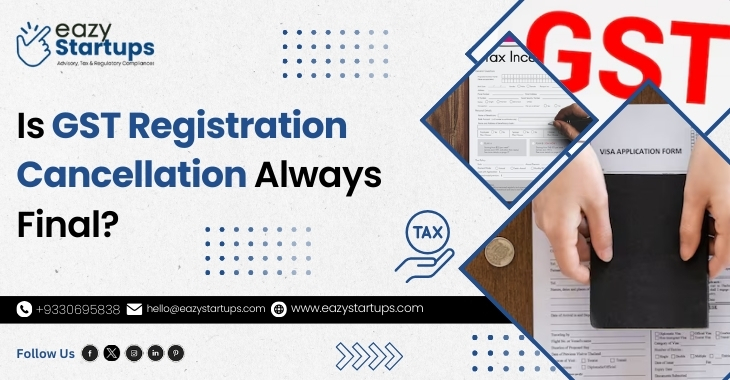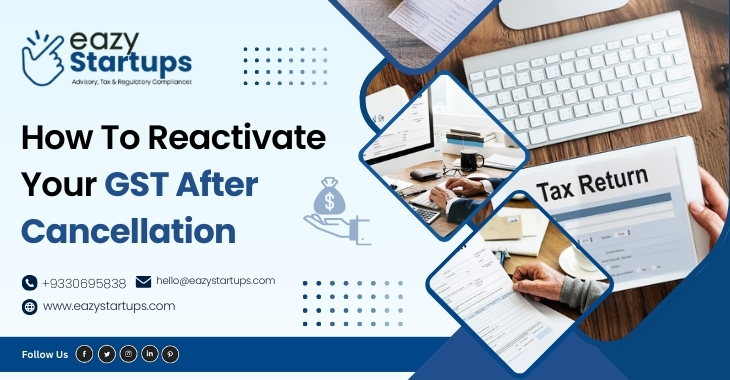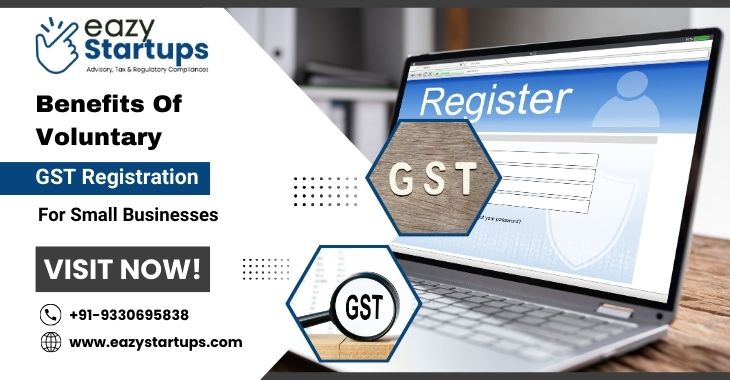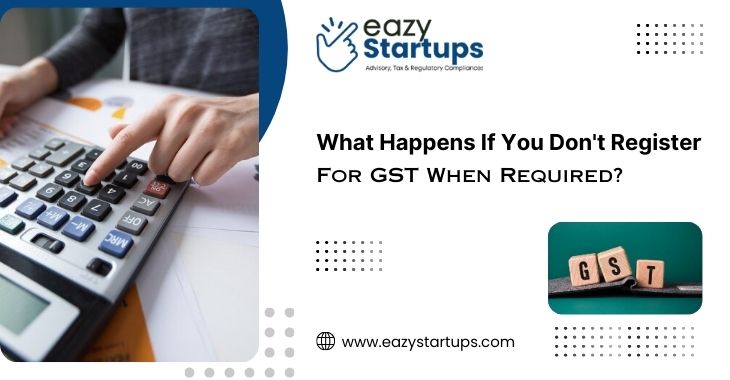Your GST Registration Online information needs to be current and correct. You must update the GST site with any changes to your company’s name, address, phone number, or other information. The good news is that changing your GST information online is easy. You don’t have to deal with intricate paperwork or go to any offices.
Here’s how to accomplish it:-
1. Know When You Need to Update Your GST Details
2. Log in to the GST Portal
3. Select the Details You Want to Change
4. Upload the Required Documents
5. Submit the Application with Digital Signature
6. Track the Status of Your Application
Know When You Need to Update Your GST Details:
You may need to amend your GST registration for a variety of reasons. Typical alterations include:
- Business name change
- Change in address (principal or additional place of business)
- Modification in contact details (email or phone number)
- Changes in authorized signatory
- Adding or removing business partners/directors
- Updating business structure (sole proprietorship to partnership, etc.)
If these facts change, you must update them as quickly as possible to prevent problems with tax filings or compliance.
Log in to the GST Portal:
Visit the GST portal (www.gst.gov.in) and enter your username and password to change your information. Go to “Services” → “Registration” → “Amendment of Registration Non-Core Fields” or “Core Fields” after logging in, depending on the kind of modification you require.
- Core Fields: GST officials must approve the business’s name, address, and legal information.
- Non-Core Fields: Modifications to email, phone number, and bank account information are instantly updated and do not require approval.
Select the Details You Want to Change:
After choosing the edit option, you will see various portions of your registration details. After clicking on the part that needs to be updated, enter the correct information. For example:
- If you are changing your company’s address, enter the new address and attach the most recent documentation, such as a rental agreement or utility bill.
- Enter the updated information and use an OTP to confirm if you change your phone number or email address.
To prevent rejection, make sure the data you enter corresponds with your official documentation.
Upload the Required Documents:
For GST Registration Online, you must attach supporting documentation for company name, address, or structure modifications. The following are a few frequently needed documents:
- For address change: Electricity bill, rent agreement, or property tax receipt
- For name change: PAN card or updated business registration certificate
- For signatory change: Authorization letter or board resolution
Before submitting the papers, make sure they are legitimate and clear.
Submit the Application with Digital Signature:
After entering the information and uploading the files, examine everything thoroughly. Next, submit the application using an Electronic Verification Code (EVC) or Digital Signature Certificate (DSC). Your request is verified at this phase and sent for processing.
Track the Status of Your Application:
The GST portal’s “Track Application Status” section allows you to monitor the status of your application once it has been submitted. If your change request is accepted, you will be notified by email or SMS. Verify the reason for rejection and submit again with the updated information.
Conclusion
Maintaining current GST registration information is essential for efficient business operations. The procedure is easy and hassle-free to complete online. Simply sign in, edit as needed, upload the appropriate files, and submit your application. To guarantee error-free updates, think about speaking with a GST specialist if you need assistance.
Maintain compliance and update your company’s information today. If you need professional help with the process of GST Registration Online in India, reach out to our efficient team of experts at Eazy Startups today. We ensure accurate documentation and smooth registration so you don’t face delays or rejections. Contact us today and get your GST registration done with ease!











Recent Comments